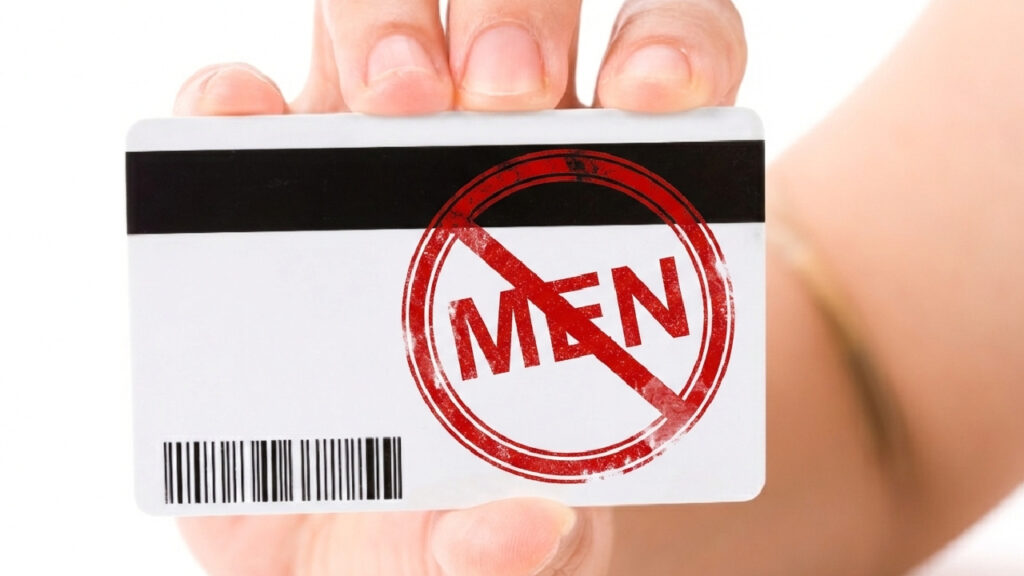
What U.S. Latinos Really Think About ‘Machismo’
When you hear the word “machismo,” what comes to mind? A sense of pride in masculinity? Toxic behavior? Or maybe something else entirely?
According to a recent report by the Pew Research Center, Latinos in the U.S. have a lot to say about machismo, and it’s not always what you might expect. In fact, while the concept is deeply embedded in many Latinx cultures, a significant majority of U.S. Latinos view it negatively. Here’s a closer look at what U.S. Latinos really think about machismo and how it affects their views on gender roles.
What Does ‘Machismo’ Mean to U.S. Latinos?
Let’s start with the basics: what exactly does “machismo” mean? The Pew Research Center’s November 2023 survey found that 83% of Latino adults in the U.S. have heard of the term. However, how they define it varies. When asked about its meaning, many Latinos described it as the belief that men are superior to women. Specifically, 25% of those familiar with the term said it’s about men believing they are better than women.
Others associate machismo with an exaggerated or prideful form of masculinity (22%), while some see it as a belief in fixed gender roles (19%) or acting in a dominating or aggressive manner (17%).
These views aren’t set in stone, though. The way people define the concept can change based on their background and experiences. According to Pew Research, there are noticeable differences in how Latinos define machismo based on the language they speak and where they were born. Spanish-speaking and bilingual Latinos, for example, are more likely to define it as the belief that men are superior to women. On the other hand, English-dominant Latinos are more likely to describe it as an exaggerated form of masculinity.

How Does ‘Machismo’ Affect U.S. Latinos’ Behavior?
So, how many Latinos actually embrace machismo in their own lives? According to the survey, 22% of Latino adults say they sometimes or often behave in ways they consider to be consistent with machismo. Interestingly, this behavior is more common among men—28% of Latino men say they display traits, compared to 17% of women.
This doesn’t mean that all Latinos are on board. The survey found that the majority of Latinos who are aware of the term view it negatively. In fact, 73% of those familiar with the term think machismo is a bad thing. However, what “bad” means can vary depending on how individuals define it. For example, 90% of those who define machismo as believing men are superior to women say it’s a bad thing. Meanwhile, just 43% of those who see it as acting confident or protective view it negatively.
Gender, Language, and Nationality: How Latinos’ Views Differ
The Pew Research Center’s survey also highlighted how Latinos’ views on machismo differ based on demographics. For example, Latinos who speak Spanish at home are more likely to describe it as the belief that men are superior to women. A significant 34% of Spanish-dominant Latinos associate machismo with male superiority, compared to just 13% of English-dominant Latinos.
Meanwhile, immigrant Latinos are more likely to define the term as male superiority compared to U.S.-born Latinos (34% vs. 16%). U.S.-born Latinos, on the other hand, are more likely to associate machismo with traits like prideful masculinity (37% vs. 9%).
This divide reflects deeper cultural differences within the Latinx community in the U.S., as language and place of birth often shape how individuals view gender roles and masculinity. As the Pew Research Center points out, these differences align with how various Spanish- and English-language sources define machismo. For instance, the Real Academia Española emphasizes male arrogance and sexist discrimination, while Merriam-Webster highlights “masculine pride” and “exaggerated masculinity.”

U.S. Latinos’ Perspectives on Machismo: Negative for the Most Part
As we’ve seen, a large majority of Latinos who are familiar with the term view it negatively. However, how negative it is depends largely on how individuals define it. For example, 90% of Latinos who describe machismo as the belief that men are superior to women say it’s a bad thing. However, just 43% of those who define machismo as confidence, chivalry, or protectiveness share the same negative view.
Latinos’ feelings about the term also impact their own behaviors. Among those who view machismo as a form of male superiority, 14% say their actions reflect machismo at least some of the time. However, for those who see it as a more positive trait, like confidence or protectiveness, 35% admit to displaying machismo behavior.
How U.S. Latinos Describe ‘Machismo’ in Their Own Words
To get a deeper understanding of what machismo means to Latinos, Pew Research also asked respondents to define the term in their own words. Here are some of the responses:
“Machismo refers to the privileges and treatment that men give and receive in their lives just for being men, and these privileges and treatment are, for the most part, negative towards the well-being of men and their loved ones.” – U.S.-born man late 20s
“A visible self-presentation as well as internalization of being strong, indomitable, capable, serious, thoughtful, insightful.” – U.S.-born woman, mid-60s
“Un hombre que se siente superior a las mujeres solo por el hecho de ser hombre. Que piensa que el rol de la mujer es quedarse en casa y atender a sus hijos sin oportunidad de superación personal.” (A man who feels superior to women just for being a man, who thinks that a woman’s role is to stay at home and take care of children without the opportunity for personal growth.) – Immigrant man, late 30s
“Machismo means needing to feel and act manly or macho, including putting their pride and ego over those around them.” – U.S.-born woman, mid-20s
These responses showcase the wide range of definitions and attitudes toward machismo in the U.S. Latino community.
A Complex View
In summary, while the majority of U.S. Latinos view machismo negatively, the term carries various meanings and interpretations within the community. From prideful masculinity to the belief that men are superior to women, machismo continues to shape how Latinos think about gender roles and behaviors. However, as more people reflect on what machismo truly means, it’s clear that many Latinos are questioning and challenging the traditional gender norms that the term has come to represent.
This nuanced perspective on machismo shows how deeply ingrained cultural values are in shaping ideas about masculinity—and how these ideas are evolving within the U.S. Latino community. The conversation around machismo is far from over, and it’s crucial to understand how it influences gender dynamics, both within families and society at large.
This article is based on the Pew Research Center’s November 2023 survey and its findings on machismo within the U.S. Latino community. For further details, you can access the full report here.




